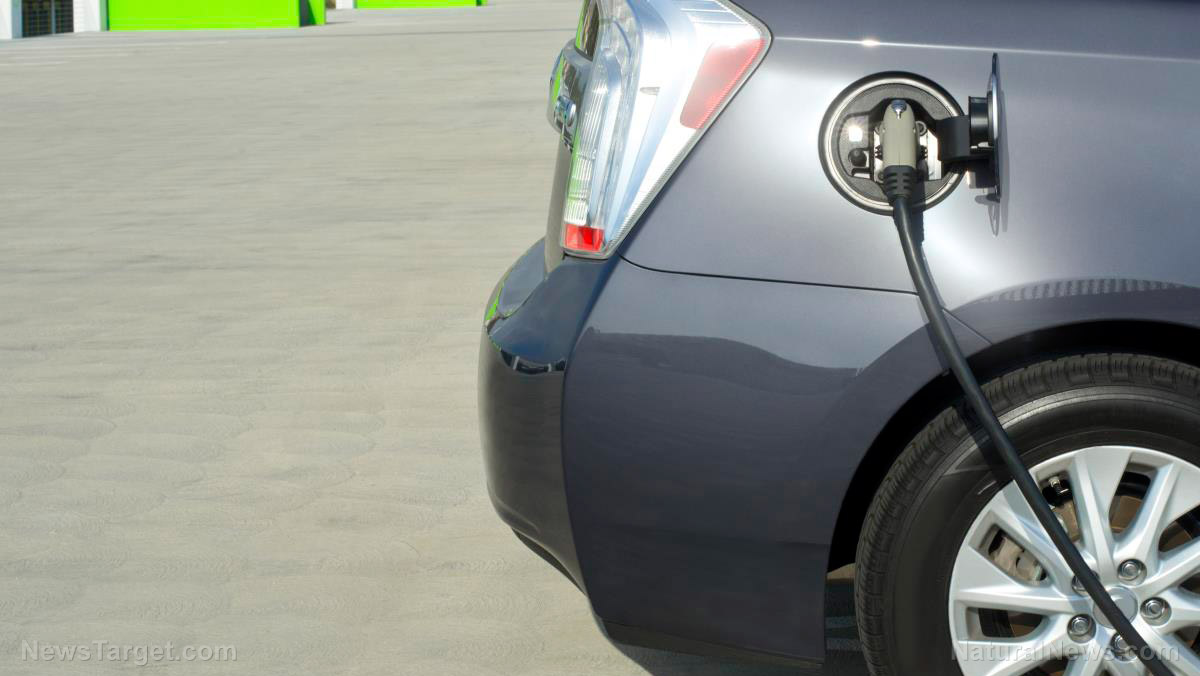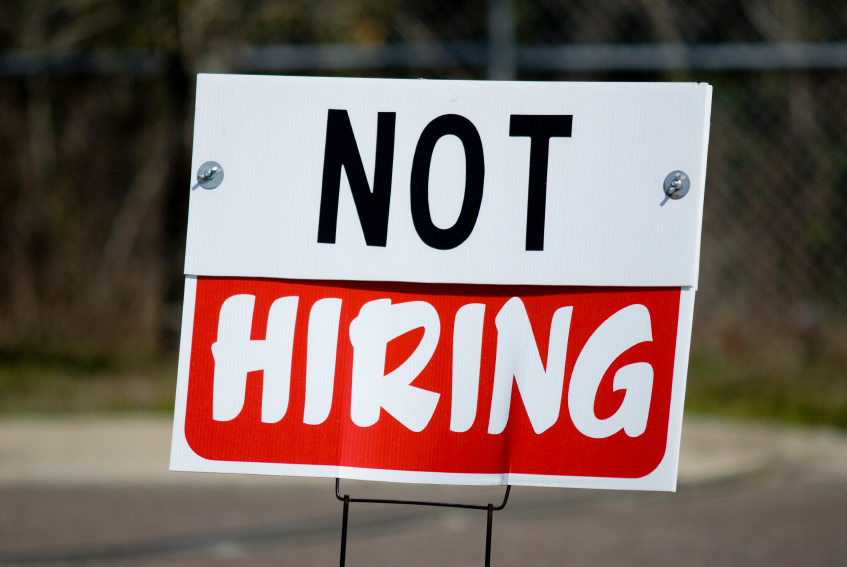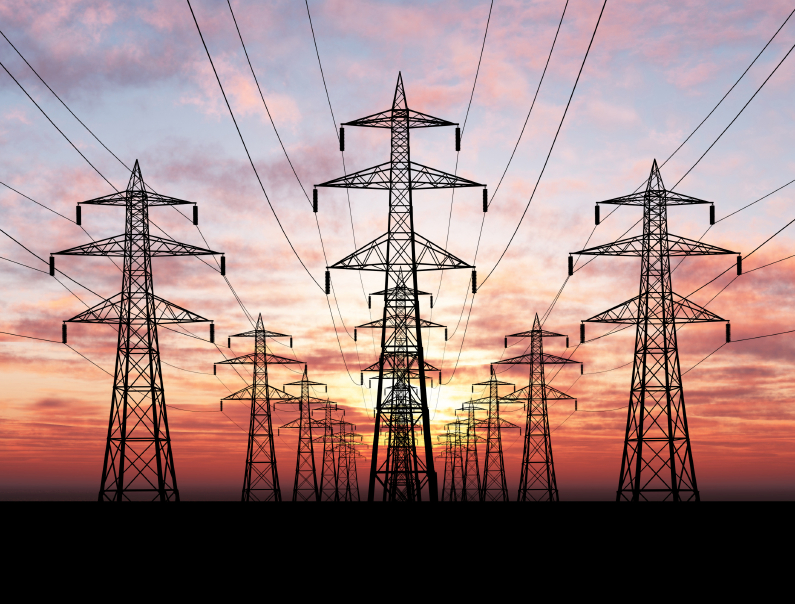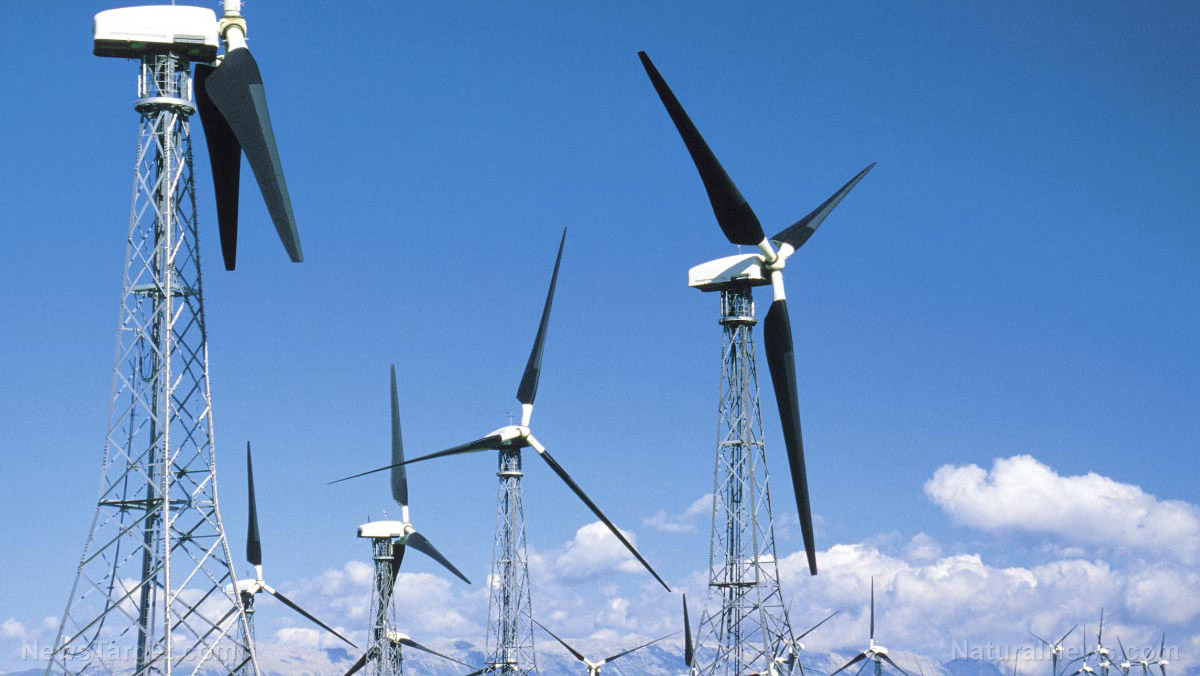Inflation causing financial stress on young, low-income Americans
08/09/2022 / By Kevin Hughes

Young and low-income Americans are beginning to feel financial stress due to rising inflation. Generation Z consumers and those with low credit scores are scrambling to pay credit card and auto loan bills.
A random sampling of 12.5 million U.S. credit files compiled by credit score company VantageScore revealed that credit card balances for people aged 25 and younger increased by 30 percent in the second quarter from a year before in comparison with an increase of just 11 percent among the older population. Balances for non-prime borrowers, or people with credit scores below 660, increased by almost 25 percent over the same period.
For months, things looked good for American consumers with their bank accounts cushioned by government stimulus, student loan tolerance and pandemic-era savings. Bank executives have always said consumers have healthy financial buffers and are spending money in spite of high inflation and the declining economy.
Americans are now showing signs that they have overextended their finances as shown by delays on credit card payments, said Silvio Tavares, president and CEO of VantageScore. That contrasts with consumers’ tendencies to pay off loans and be more frugal during the first year of the pandemic, according to Fed data. (Related: Inflation is hitting low-income families the hardest, with some now spending 1/3 of their budget on food.)
The rising prices are causing consumers to curtail optional spending as stated by retail and consumer companies like Walmart Inc. and Tide-maker Procter & Gamble Co., which reduced sales growth predictions in previous weeks.
Tavares said soaring prices could worsen financial stress among young people and borrowers with low credit scores.
VantageScore found that the percentage of credit card and auto loans that were more than 30 days past due have increased among non-prime borrowers. Credit card delinquency rates have returned to their pre-pandemic levels for young people and non-prime borrowers.
While the delinquency rates are not yet a cause for alarm, Tavares said “it’s definitely something to watch.”
TransUnion, one of the top three consumer credit rating agencies, predicts credit card delinquency rates could soar to 8.4 percent in the first quarter of 2023, which is up from eight percent in the first quarter this year.
As reported by TransUnion, the average debt kept by a non-prime customer was $22,988 in the first quarter of 2022, aside from mortgages. That is up from $22,461 a year before, and $22,970 in the first quarter of 2020, before the pandemic started in America.
Inflation Reduction Act to hike federal taxes of Americans
Meanwhile, Senate Democrats are adding more financial stress on Americans with the Inflation Reduction Act of 2022.
This piece of legislation could increase federal taxes for Americans in every income bracket, as stated in a study shared by Republicans on the Senate Finance Committee.
It puts into question President Joe Biden’s promise to not increase taxes on Americans earning less than $400,000 per year.
The study by the Joint Committee on Taxation discovered that taxpayers receiving less than $200,000 per year could see their taxes increase by $16.7 billion over a decade. The committee said the minimum corporate tax would earn more than $300 billion after 10 years.
Follow Inflation.news for more news about the rising inflation in America.
Watch the video below to know how and why inflation will get worse due to the Inflation Reduction Act.
This video is from the What is happening channel on Brighteon.com.
More related stories:
Maryland and Georgia suspend gas taxes, other states to follow in effort to hide Biden’s inflation.
American workers have lost $3,400 in yearly income due to unrelenting inflation.
Surveys: Consumers are saving less and acquiring more debts due to inflation.
Sources include:
Submit a correction >>
Tagged Under:
big government, bubble, collapse, corporate tax, credit scores, debt bomb, debt collapse, delinquency rates, democrats, Federal Reserve, financial stress, government stimulus, inflation, Joe Biden, market crash, money supply, risk, US
This article may contain statements that reflect the opinion of the author
RECENT NEWS & ARTICLES
COPYRIGHT © 2022 EnergySupply.news
All content posted on this site is protected under Free Speech. EnergySupply.news is not responsible for content written by contributing authors. The information on this site is provided for educational and entertainment purposes only. It is not intended as a substitute for professional advice of any kind. EnergySupply.news assumes no responsibility for the use or misuse of this material. All trademarks, registered trademarks and service marks mentioned on this site are the property of their respective owners.





















